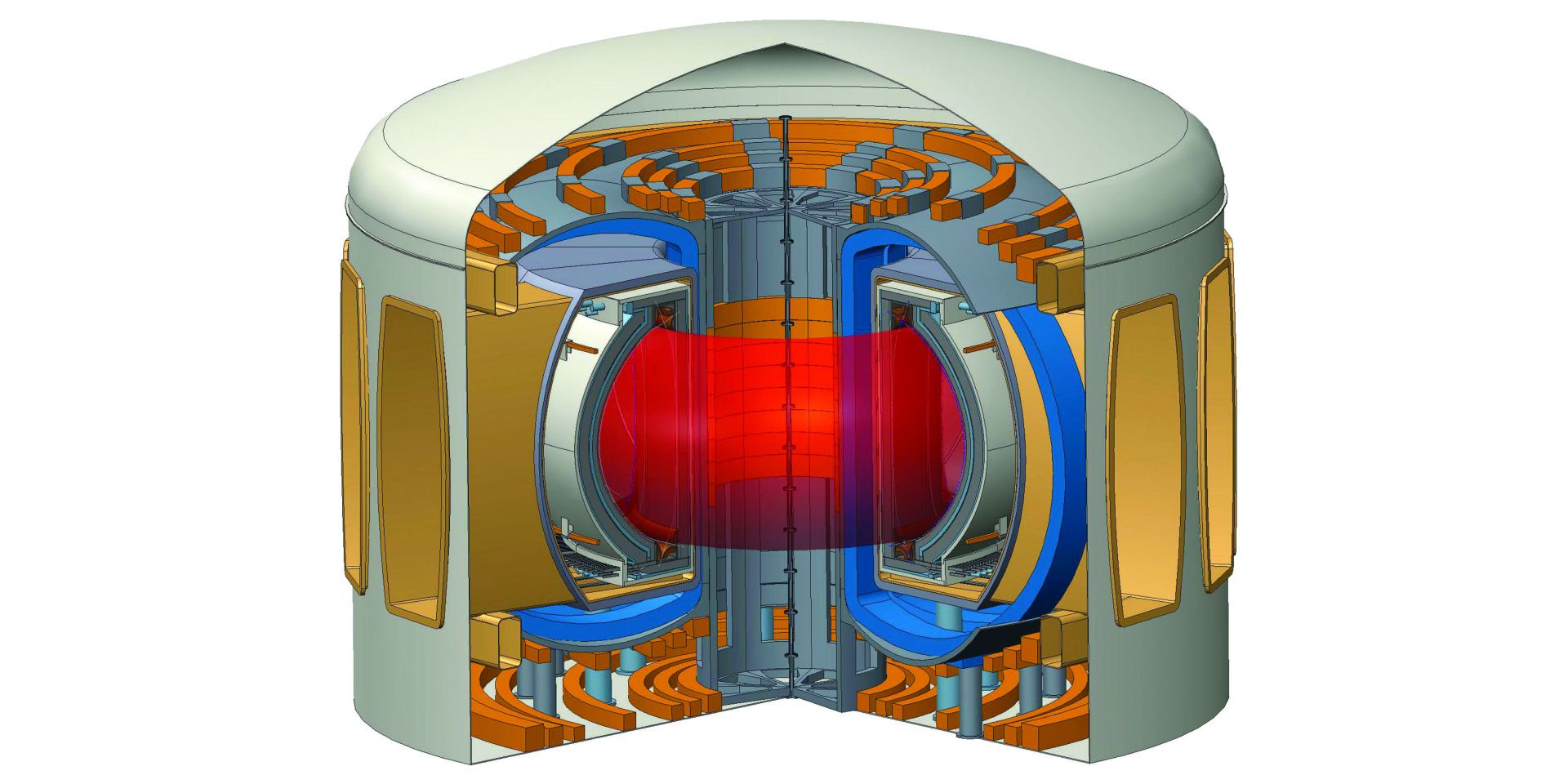Fusion energy radwaste management considerations

The question of what to do with the radioactive waste has been raised frequently for both fission and fusion. In the 1970s, fusion adopted the land-based disposal option, primarily based on the Nuclear Regulatory Commission’s decision to regulate all radioactive wastes as only a disposal issue, following the fission guidelines. In the early 2000s, members of the Advanced Research Innovation and Evaluation Study (ARIES) national team became increasingly aware of the high amount of mildly radioactive materials that 1-GWe fusion power plants will generate, compared with the current line of fission reactors. The main concern is that such a sizable inventory of mostly tritiated radioactive materials would tend to rapidly fill U.S. repositories—a serious issue that was overlooked in early fusion studies1 that could influence the public acceptability of fusion energy and will certainly become more significant in the immediate future if left unaddressed, as fusion moves toward commercialization.



